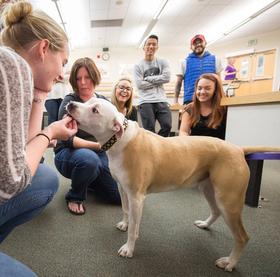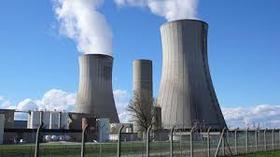Some of the hottest jobs of the future may be in the nanotechnology industry. For community college students who dream big, the key to a bright future may be thinking small – very small.
The National Nanotechnology Initiative defines nanotechnology as “the understanding and control of matter at dimensions between approximately 1 and 100 nanometers where unique phenomena enable novel applications.” A nanometer is one-billionth of a meter. According to the NNI, nanotechnology involves “imaging, measuring, modeling, and manipulating matter” at these tiny scales.
Students who earn associate’s degrees in nanotechnology are prepared to work in research, production, marketing, and business environments where knowledge of nanoscience is needed.
The Nanotechnology Job Market
Nanotechnicians work in various fields, including biomedicine, biotechnology, agriculture production, and environmental analysis. . The website for Minnesota State Community College and Technical College’s Nanotechnology program quotes Jack Uldrich and Deb Newberry, the authors of the book The Next Big Thing Is Small. According to these experts, “The market for nanotechnology in the United States was rapidly growing and projected to reach $1 trillion by 2010. Growth over this period is expected to produce between 800,000 and two million new technical jobs.”
The National Nanotechnology Initiative reports that in the United States, federal funding for nanotechnology has increased “from approximately $464 million in 2001 to nearly $1.5 billion for the 2009 fiscal year.”
This video explains what nanotechnology is.

















